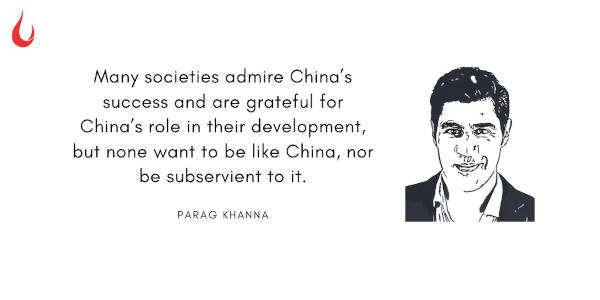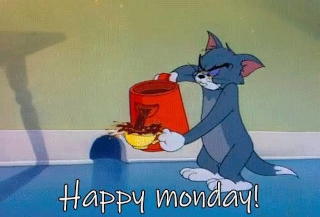[Image by Gerd Altmann from Pixabay]
It’s a Monday morning. Time to get pragmatic and down to work. To aid that, nothing like some hard-nosed advice from Chris Voss, an expert on negotiation and author of the much-acclaimed Never Split the Difference.
On how to get the best price (or what you want), he gets into the heart of negotiating and has some pointers to offer.
“No part of a negotiation induces more anxiety and unfocused aggression than bargaining, which is why it’s the part that is more often fumbled and mishandled than any other. It’s simply not a comfortable dynamic for most people. Even when we have the best-laid plans, a lot of us wimp out when we get to the moment of exchanging prices.”
To understand why this happens, he attempted to understand the kinds of people there are.
“Over the last few years, in an effort primarily led by my son Brandon, we’ve consolidated and simplified all that research, cross-referencing it with our experiences in the field and the case studies of our business school students, and found that people fall into three broad categories. Some people are Accommodators; others—like me—are basically Assertive; and the rest are data-loving Analysts.
"Hollywood negotiation scenes suggest that an Assertive style is required for effective bargaining, but each of the styles can be effective. And to truly be effective you need elements from all three.
"A study of American lawyer-negotiators found that 65 percent of attorneys from two major US cities used a cooperative style while only 24 percent were truly assertive. And when these lawyers were graded for effectiveness, more than 75 percent of the effective group came from the cooperative type; only 12 percent were Assertive. So, if you’re not Assertive, don’t despair. Blunt assertion is actually counterproductive most of the time.
"And remember, your personal negotiating style is not a straitjacket. No one is exclusively one style. Most of us have the capacity to throttle up our nondominant styles should the situation call for it. But there is one basic truth about a successful bargaining style: To be good, you have to learn to be yourself at the bargaining table. To be great you have to add to your strengths, not replace them."
In this issue
- How Washington sees Beijing
- Understanding Platform Power
- Combustible Mondays
We’ll be back tomorrow.
How Washington sees Beijing
How do policy makers in Washington interpret the noises emerging out of Beijing right now? This question certainly has our attention at Founding Fuel because the responses crafted by policy makers in New Delhi can have a significant long-term impact on India’s entrepreneurial ecosystem. That is why this essay by Parag Khanna has our attention. While this worldview is one we are uncomfortable with, it is important to understand this perspective as well.
Khanna writes, “Throughout the 1990s and 2000s, China’s focus on commercial cooperation and non-interference in politics paid off. It managed to simultaneously have good relations with pairs of rival states across the globe: India and Pakistan, Saudi Arabia and Iran, Kazakhstan and Uzbekistan, Brazil and Venezuela. It even provided tacit aid and other lifelines to America’s designated ‘rogue states’ such as Cuba, Sudan, Syria and North Korea. Bogging down the adversary while moving stealthily towards one’s objective has been an axiom of Chinese diplomacy for generations. But there is little stealth anymore in China’s land grabs, island-building and wolf-warrior diplomacy.

“With China’s suppression of information about the coronavirus painting it into a corner, Beijing no longer feels it has anything to lose and is going for broke: moving on Taiwan, Hong Kong, the Senkaku Islands, India’s borders and other disputes while the rest of the world is off-kilter, girding itself for a new Cold War with America.”
Understanding Platform Power (MasterClass)
Technology platforms such as Facebook, Google, Amazon and Apple have come under regulatory fire in the US. Australia is rethinking its position and the EU is engaged in fierce debates on how to regulate technology companies.
While the authorities think their positions out, how ought leaders and organizations align themselves to deal with these entities? To understand how, we had engaged in a Masterclass with Karim Lakhani, Haresh Chawla and K Vaitheeswaran late last year.
Combustible Mondays

(Via WhatsApp)
What do Mondays feel like for you? Are you among the irritable ones? Or are you those who can’t wait to get started? Mail it to us (our address is below), tell us on Twitter by tagging @foundingf. Or head to our Slack channel.
And if you missed previous editions of this newsletter, they’re all archived here.
Bookmark Founding Fuel’s special section on Thriving in Volatile Times. All our stories on how individuals and businesses are responding to the pandemic until now are posted there.
Warm regards,
Team Founding Fuel



